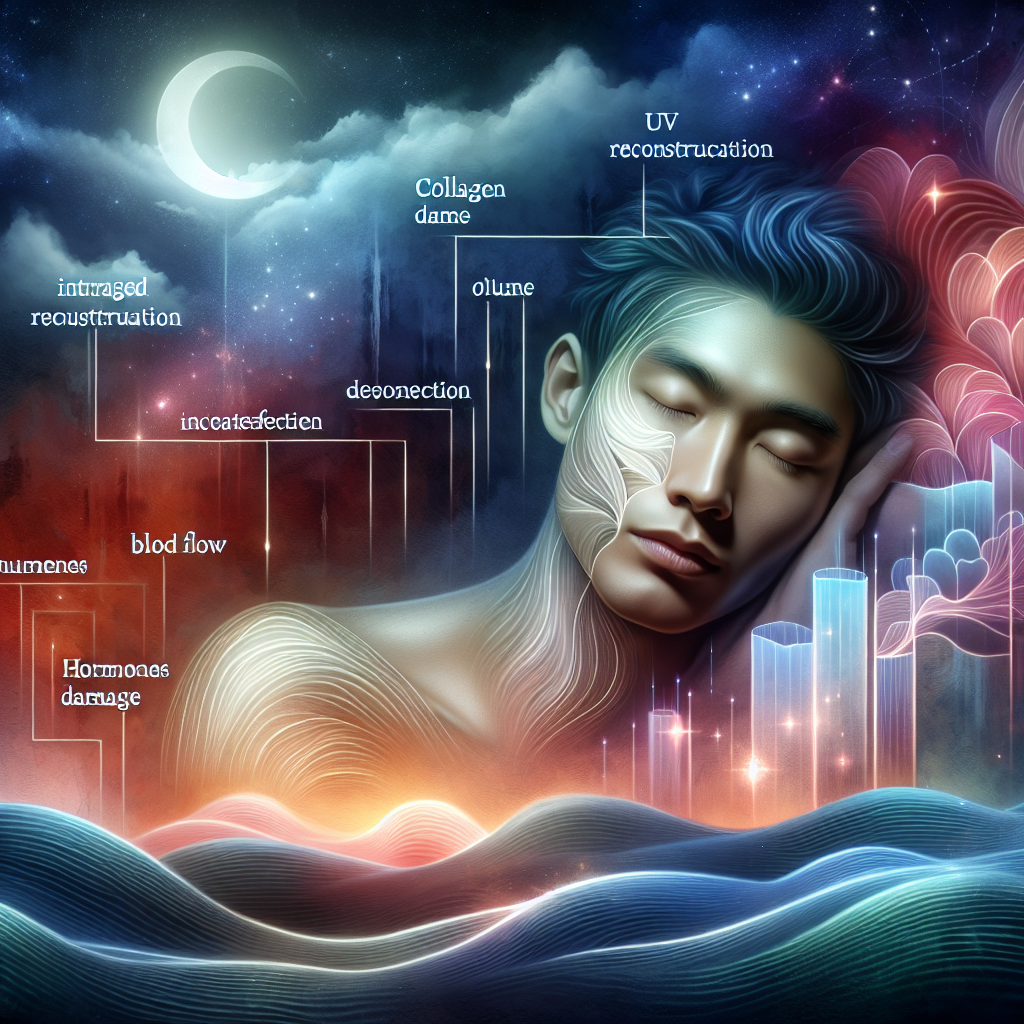How to Cure Acne: The Role of Sleep Hygiene
Acne can be a persistent and frustrating condition, affecting not just your skin but also your self-esteem. While many factors contribute to acne, one often overlooked aspect is the quality of your sleep. In this blog post, we will explore how improving your sleep hygiene can play a pivotal role in curing acne. Let’s dive into the world of restful nights and clear skin! 🌙✨
Table of Contents
1. Introduction
2. Understanding Acne and Its Causes
3. The Importance of Sleep Hygiene
4. How Sleep Affects Skin Health
5. Tips to Improve Sleep Hygiene for Clearer Skin
6. Conclusion
7. FAQs

Introduction
Acne is a common skin condition that affects millions worldwide. While we often focus on topical treatments and dietary changes, improving sleep hygiene can be a game-changer in managing acne. Quality sleep is essential for overall health, and its impact on skin health is significant. In this article, we will explore the science behind sleep and acne, and provide practical tips to improve your sleep hygiene.
Understanding Acne and Its Causes
Acne is primarily caused by clogged pores due to excess oil production, dead skin cells, and bacteria. Hormonal changes, diet, stress, and lifestyle factors also contribute to acne flare-ups. While treatments like creams, medications, and dietary adjustments are common, addressing underlying lifestyle factors, such as sleep, can make a substantial difference.
The Importance of Sleep Hygiene
Sleep hygiene refers to the practices and habits that are necessary for quality sleep. Poor sleep hygiene can lead to sleep deprivation, which impacts your body’s ability to repair and rejuvenate. This can trigger stress hormones, exacerbate inflammation, and weaken your immune system—all of which can contribute to acne.

How Sleep Affects Skin Health
During sleep, your body undergoes essential repair processes. Skin blood flow increases, and the body rebuilds its collagen and repairs damage from UV exposure, reducing wrinkles and age spots. Lack of sleep, however, can lead to increased stress levels, which can trigger or worsen acne. Proper rest also helps regulate hormones, which is crucial for maintaining clear skin.
Tips to Improve Sleep Hygiene for Clearer Skin
Improving your sleep hygiene can be a simple yet effective way to combat acne. Here are some practical tips:
1. Establish a Consistent Sleep Schedule
Go to bed and wake up at the same time every day, even on weekends. This helps regulate your body’s internal clock and can improve the quality of your sleep.
2. Create a Relaxing Bedtime Routine
Develop a calming pre-sleep routine. This could include reading, meditating, or taking a warm bath. Avoid screens an hour before bed, as blue light can interfere with your sleep cycle.
3. Optimize Your Sleep Environment
Ensure your bedroom is conducive to sleep. Keep the room cool, dark, and quiet. Consider investing in a comfortable mattress and pillow.
4. Watch Your Diet and Hydration
Avoid caffeine and heavy meals before bedtime. Drink enough water during the day but reduce intake before bed to prevent waking up during the night.
5. Manage Stress Effectively
Incorporate stress-reducing activities into your daily routine, such as yoga, deep breathing exercises, or journaling. Lowering stress levels can improve sleep quality and reduce acne flare-ups.
Conclusion
While acne can be challenging to manage, focusing on sleep hygiene is a natural and effective strategy to improve your skin health. By establishing good sleep habits, you not only support your skin’s healing processes but also enhance your overall well-being. Sweet dreams and clearer skin await! 💤😊
FAQs
Q1: Can lack of sleep cause acne?
A1: Yes, lack of sleep can increase stress levels, trigger inflammation, and disrupt hormone balance, all of which can contribute to acne.
Q2: How many hours of sleep do I need for healthy skin?
A2: Most adults need 7-9 hours of sleep per night for optimal health and skin repair. Prioritize quality sleep to support your skin’s natural healing processes.
Q3: Are there specific sleep positions that help reduce acne?
A3: Sleeping on your back is generally recommended to prevent the transfer of oils and bacteria from your face to your pillow. This can help minimize acne breakouts.
By incorporating these sleep hygiene practices, you’ll be on your way to clearer skin and more restful nights. Remember, consistency is key, so stick with these habits and give your skin the time it needs to heal and glow. 🌟
